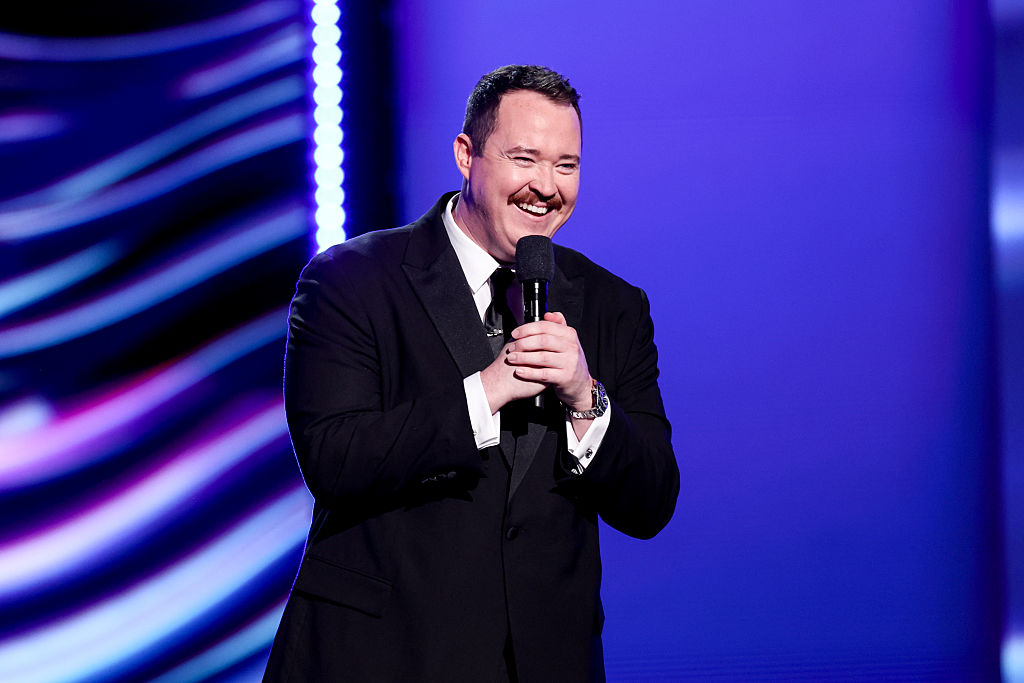The Recovering
by Leslie Jamison, novelist, columnist, bestselling essayist and assistant professor at Columbia University, makes for bracing reading. Clever, bold, earnest and sometimes maddening, it is chiefly an account of the author’s alcohol addiction and the various stages of her recovery. It is also an examination of the lives and works, in so far as they pertain to drugs and alcohol, of ‘addicts of extraordinary talent’, such as Jean Rhys, John Berryman, Billie Holliday and David Foster Wallace.
The book is an investigation of how Alcoholics Anonymous operates, its strengths and challenges, the leanings of its founders and a roll call of some of its members who’ve touched the author’s life. It is the story of a three-year romance between the author and her hard-to-fathom love interest ‘Dave’, a man who takes so long to mix a cocktail that you wonder if you might have a drink while waiting for your drink.
It is an exploration of self-harm and anorexia, the drive to score and whittle away skin and flesh, as a response to the human need to create visible proof of our suffering. It contains an inspiring aside about prayer, a defence of clichés — for what is more hackneyed and unoriginal than a knee-jerk disdain for clichés? — and as compelling an account of a bakery store dispute over Thanksgiving turkey-shaped biscuits as you’re ever likely to read.
It looks briefly at what drink does to the issue of sexual consent. It also asks how gender affects the way addiction is viewed, and how the ‘mythic male drunk manages a thrilling abandon’ — while his female equivalent is more likely to be seen as guilty of ‘failing at care’. And it looks at race, asking what makes people see one addict as vulnerable and another as dangerous?
Perhaps, more than anything, The Recovering is a book that seeks to establish what, for an artist, is the most valid alternative to suffering in style. Can inner resources, calm and sobriety really compete with despair and disarray when it comes to creating memorable narratives and characters, when it comes to living days of maximum life? Is it important that stories about getting better are as enthralling as stories of wreckage? It is important to Jamison.
She writes wonderfully well about the bad old days, beginning with the very early drinking when she felt ‘giddy from a sense of trespass’. You feel for her and wince and shake your head, and you laugh. ‘My first boyfriend: he liked to get high. He liked to get the cat high…. He came to a family meal fully wired on speed. “SO talkative!” said my grandma, deeply smitten.’ One evening, at the end of a party, a tiny drunk poet hops out of the cupboard in Jamison’s hall, just like that.
She spends her own insomniac nights driving 40 miles east to the biggest truck stop in the world, with a 50-ft buffet and showers and a chapel and a dentist, where she sits with black coffee, scribbling ‘character-driven dialogue’. She loves to picture Raymond Carver amid
hi-jinks and love triangles, petty theft and seductions, ash falling unnoticed from the tip of his cigarette, as he sat engrossed at his typewriter, riding the comet’s tail of a bender into its ruthless wisdom.
Is that not living?
Jamison writes honestly and with good cheer about how being adept at anecdotalising your despair may threaten the humility and sincerity necessary for the sort of recovery set forward by Alcoholics Anonymous. As a reader, you are sort of on your honour not to prefer the sections of the book that deal with disaster to those that treat repair. She knows it’s not easy.
There is little about Jamison’s childhood in this book, unusual in a memoir, but we learn that she was brought up to worship ‘excellence, enchantment,superlative everything’. She seems happier, drunk or sober, in an environment which is a bit amazing, the landscape set-directed, saturated, memorable, extraordinary… Walt Whitman’s poetry kept coming to mind as I read, as one answer to a desire for brimming, sharply-defined, sublime experience, which brings with it no harm.
I struggled with Jamison’s literary criticism on occasion, for although painstaking it can be narrow in its focus here. I didn’t love being told, by way of introduction, that Berryman’s unforgettable and wildly innovative poems The Dream Songs conjure‘ a landscape full of booze and tortured knowledge’; nor that the stately and magnificent Wide Sargasso Sea is a novel in which Jean Rhys’s ‘core wounds, alienation and abandonment’ are found ‘in the imagined life of someone else’. No novelist wants to be read like that. Describing Henry James as an author ‘who seemed mainly interested in what his characters thought about feelings’ seems verging on the irresponsible. Jamison also hits the nail on the thumb referring to Judy Garland’s ‘heroin habit’ — one of the few problems the gallant Garland didn’t have.
Still, The Recovering is an impressive work: difficult, strong and strange, both comprehensive and impressionistic, with much to say about how we live, how we yearn and how we might do both differently.

























